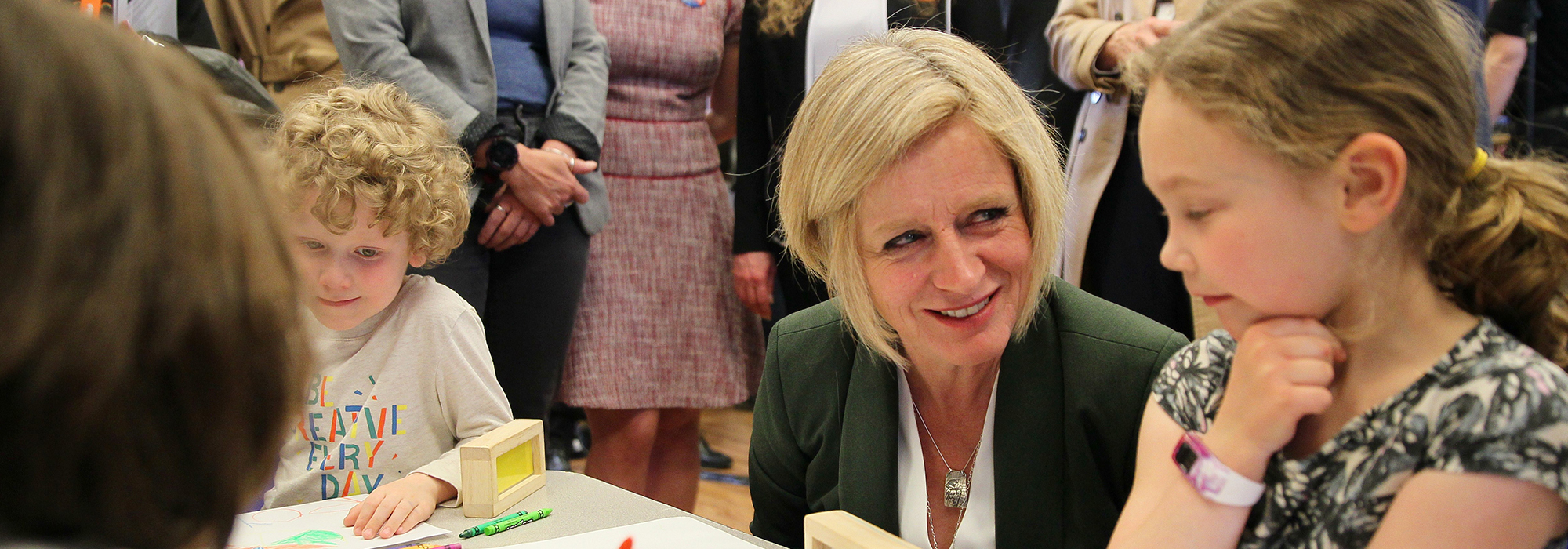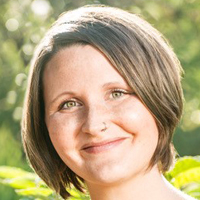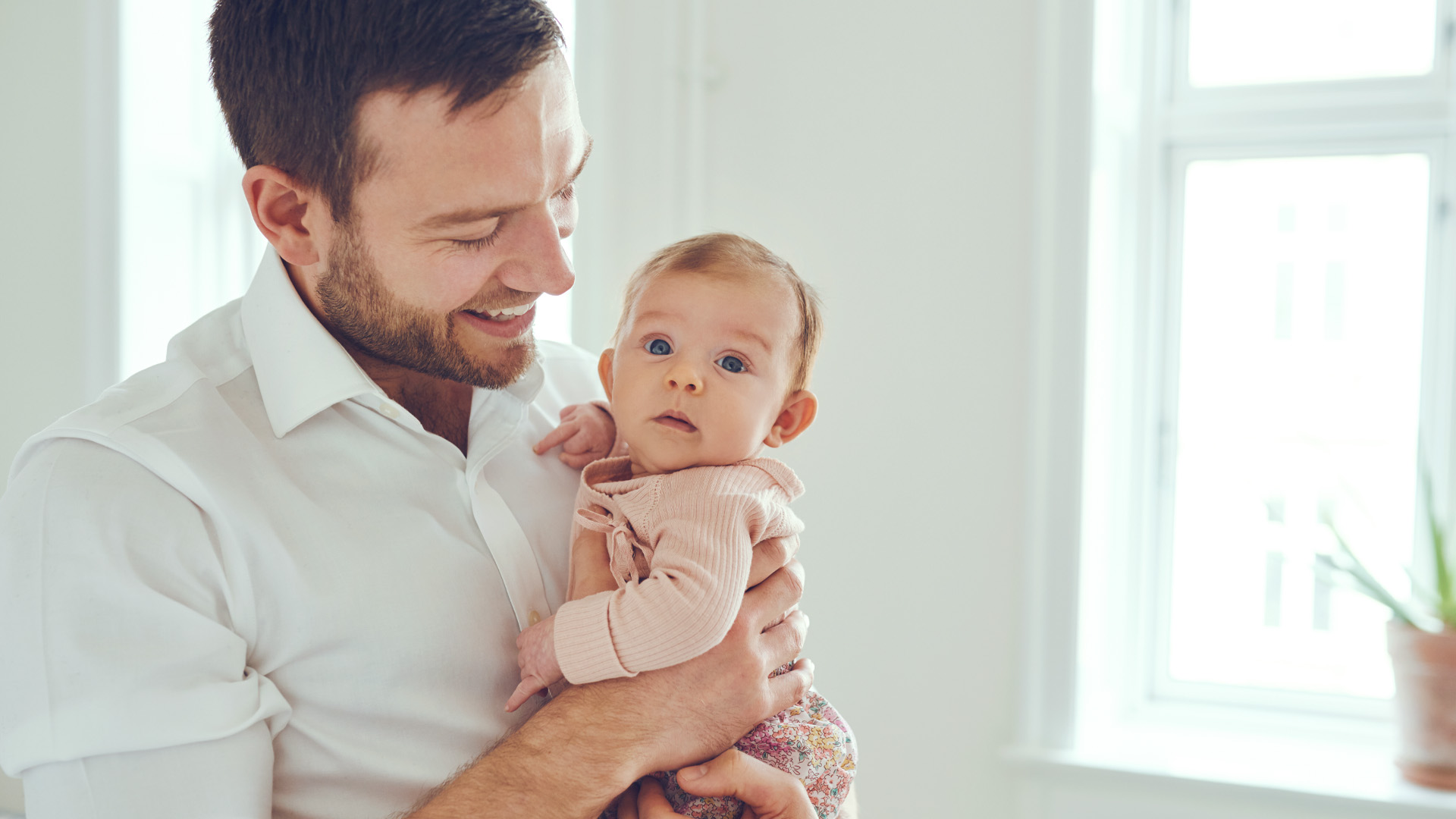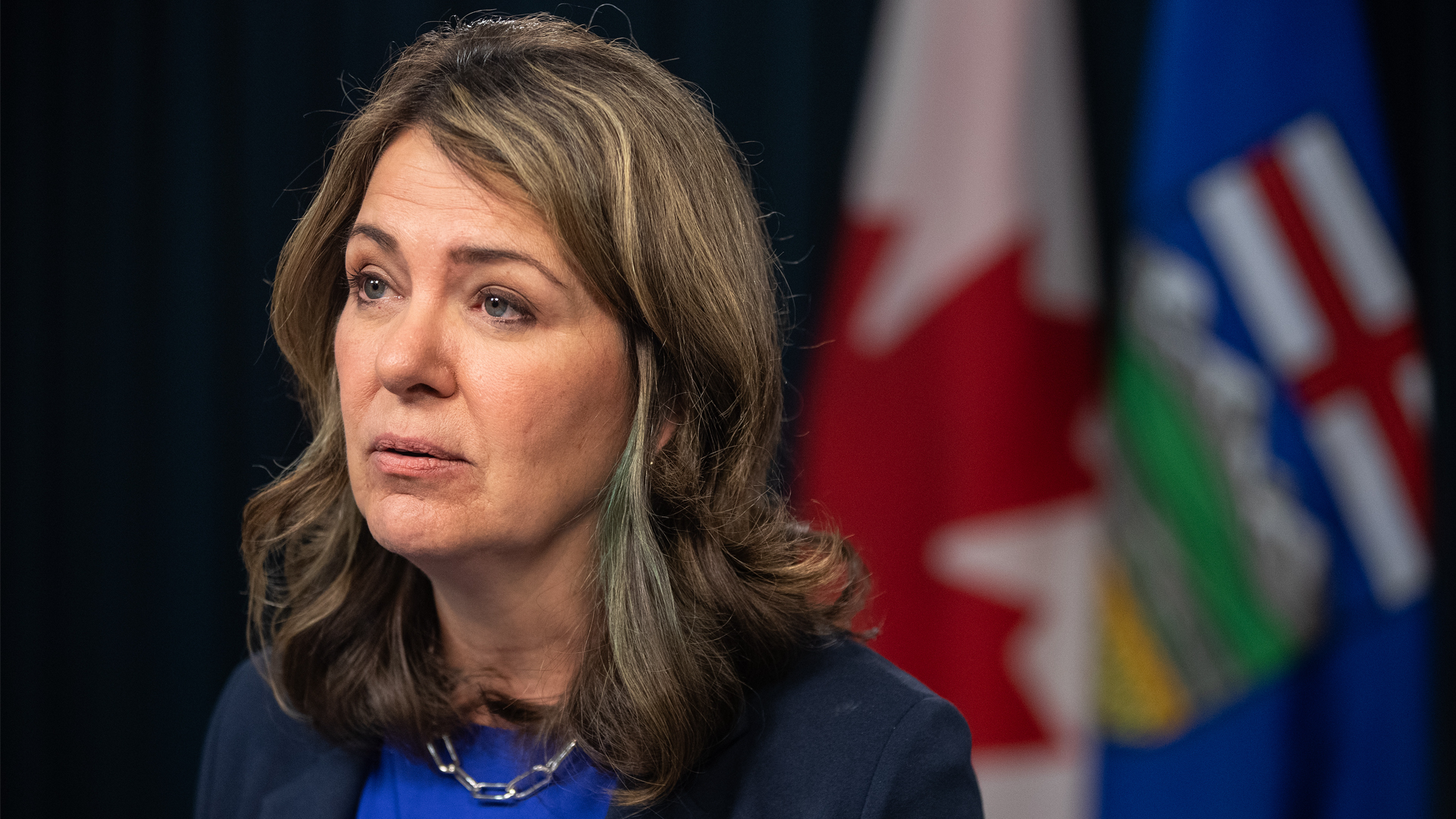
Much has been made of Rachel Notley’s loss to Jason Kenney and the United Conservative Party in Alberta – there are once again no women premiers in Canada. But this isn’t the only story to tell about women in Canadian politics. In other elections, including the one in Prince Edward Island, the results show that gender equity is not inevitable and progress for women is not linear.
Women’s representation in the legislature, like Notley’s premiership, was a casualty of the Alberta election. The number of women elected fell from 29 to 26. Women are also underrepresented at the cabinet table, at 30 percent. Notley’s cabinet was 53 percent women (she beat Trudeau to the punch at gender equity in 2015 but received less praise – and less criticism – for it). With women making up fewer than 1 in 4 of the governing UCP MLAs, parity under Kenney was always a long shot.
On the surface, the news is better from PEI, where the number of women increased to 23 percent. While an improvement over 2015, 6 women in the Legislative Assembly is still fewer than were elected in 2007, according to the PEI Coalition for Women in Government. If parity in cabinet was unlikely in Alberta, it is an impossibility in PEI. Just 1 of the Progressive Conservative party’s 12 MLAs is a woman.
So, what lessons do these elections hold for women in Canadian politics? First, parties on the right need to do more to recruit and run more women. In Alberta, just 31 percent of candidates running for the UCP were women compared to more than half of all NDP hopefuls. In PEI, 26 percent of PC candidates were women, fewer than either the incumbent Liberals or the top-of-the-polls Greens.
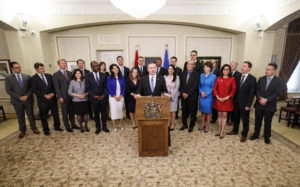
As parties on the right win elections across the country, gender equity in Canadian politics rests on the ability of conservative party leaders and organizers to recruit women to run under their banner.
The problem appears to be complacency. To run a gender-balanced slate of candidates, Kenney only needed to recruit 44 talented conservative women across the province. In PEI, Dennis King only had to find 14. This shouldn’t be hard. Organizations like Equal Voice, the PEI Coalition for Women in Government, She Leads, and Parity YEG are doing their part, but parties are the real power holders, and they need to do the heavy lifting.
Running more women isn’t, on its own, enough. Women made up 31 percent of UCP candidates, but just 24 percent of the newly elected caucus. The drop off was even more significant in PEI – 26 percent of candidates for the PCs were women, but the 1 woman elected represents just 14 percent of the party’s MLAs. Why? It’s not voters – there is no evidence in Canada that voters discriminate against women at the polls – it’s where women are running.
Women in both provinces were much more likely to be running in ridings largely considered unwinnable, and much less likely to be running in party strongholds. In Alberta, almost three times as many men as women (30 to 11) ran in seats considered UCP strongholds. In PEI, there were no women running in ridings where their party’s success was considered a sure thing. This isn’t a problem just for conservative parties nor is it unique to Alberta or PEI, it’s a trend across the country in both recent and past elections.
Parties need to run more women and provide them with the necessary resources in the ridings where they can win. If parties won’t do it, it’s time for more proactive measures. In New Brunswick, new campaign finance laws mean per-vote subsidies are based on gender, and parties get more money when they run women in ridings where they can secure the most votes. A 2016 failed Private Member’s Bill by former NDP MP and current Vancouver Mayor Kennedy Stewart would have penalized parties for running too few women. As we inch toward, and sometimes away from, gender equity in politics, it’s clear we need to do more.
Now, a message for those tempted to say, “forget all this number-counting-identity-politics – may the best person win.” The assertion that Canadian democracy is a meritocracy rests on the unsaid belief that women, underrepresented at every level of government, have less skill, knowledge or capacity. They don’t. Our country would be better if the structural barriers that prevent equal opportunity in politics were dismantled. We need more opportunities for women in politics, especially LGBTQ, minority and Indigenous women. Canada needs their experience, expertise and energy.
Photo: Alberta NDP Leader Rachel Notley interacts with Kathleen Hinke, 5, as she makes a campaign stop at a daycare in Calgary on April 10, 2019. THE CANADIAN PRESS/Dave Chidley
Do you have something to say about the article you just read? Be part of the Policy Options discussion, and send in your own submission. Here is a link on how to do it. | Souhaitez-vous réagir à cet article ? Joignez-vous aux débats d’Options politiques et soumettez-nous votre texte en suivant ces directives.




